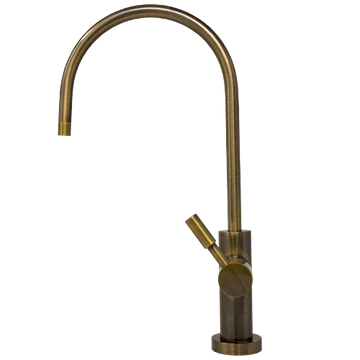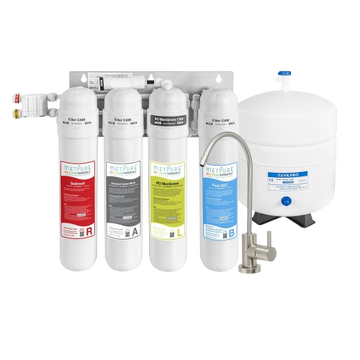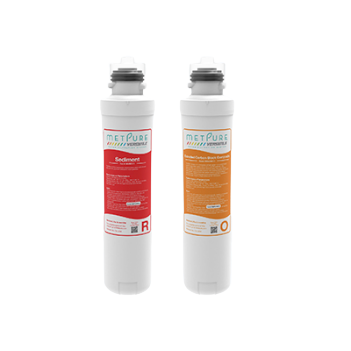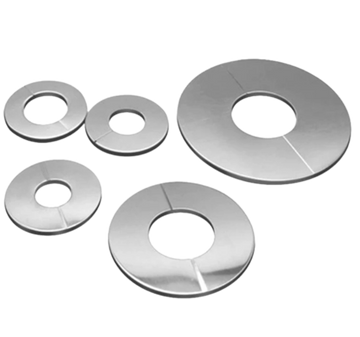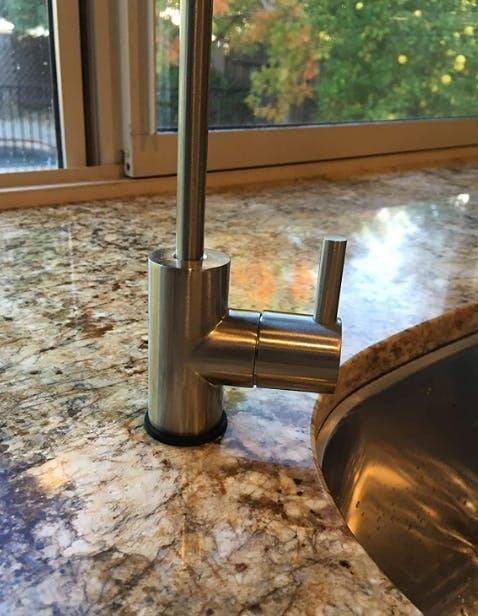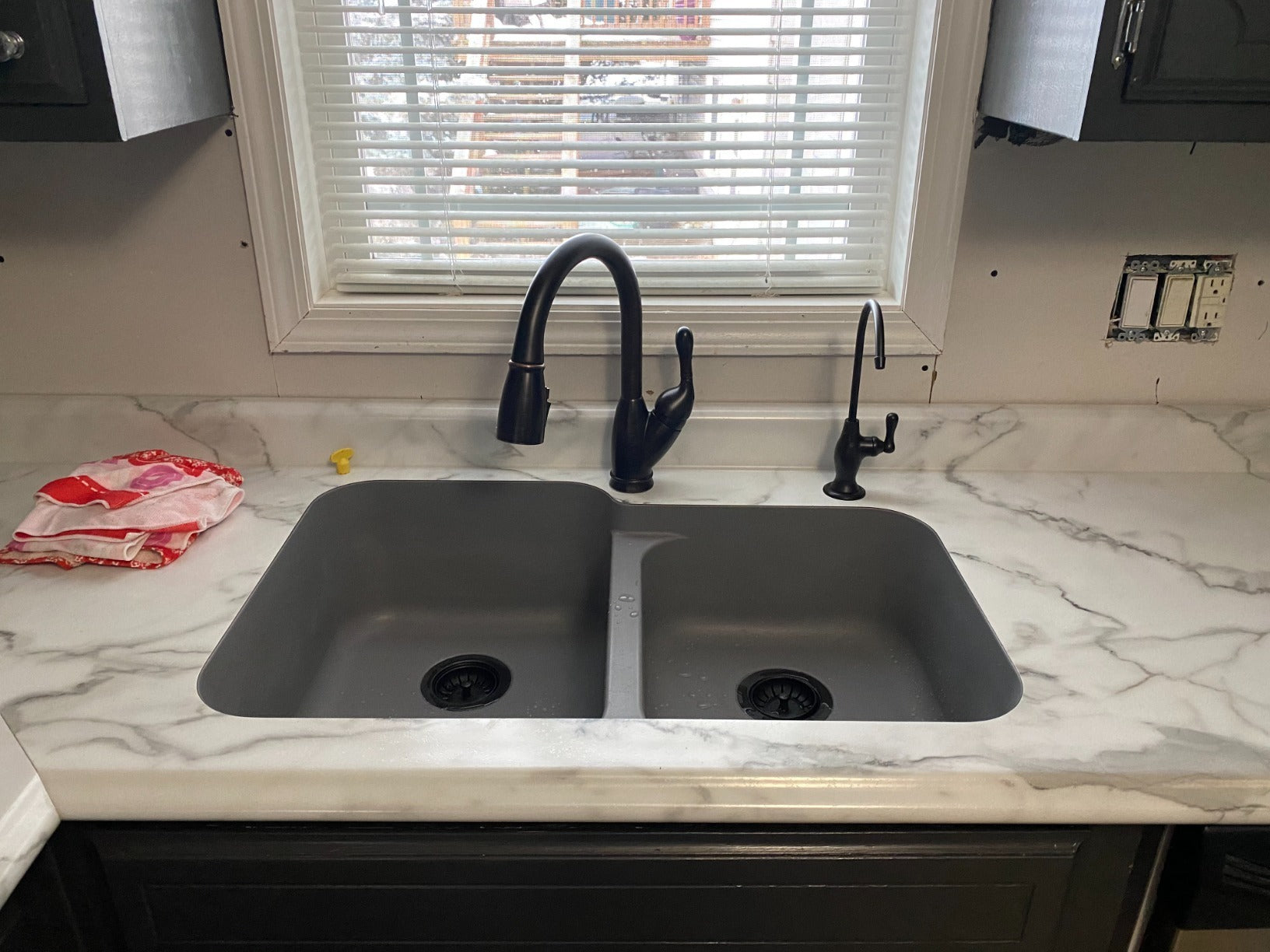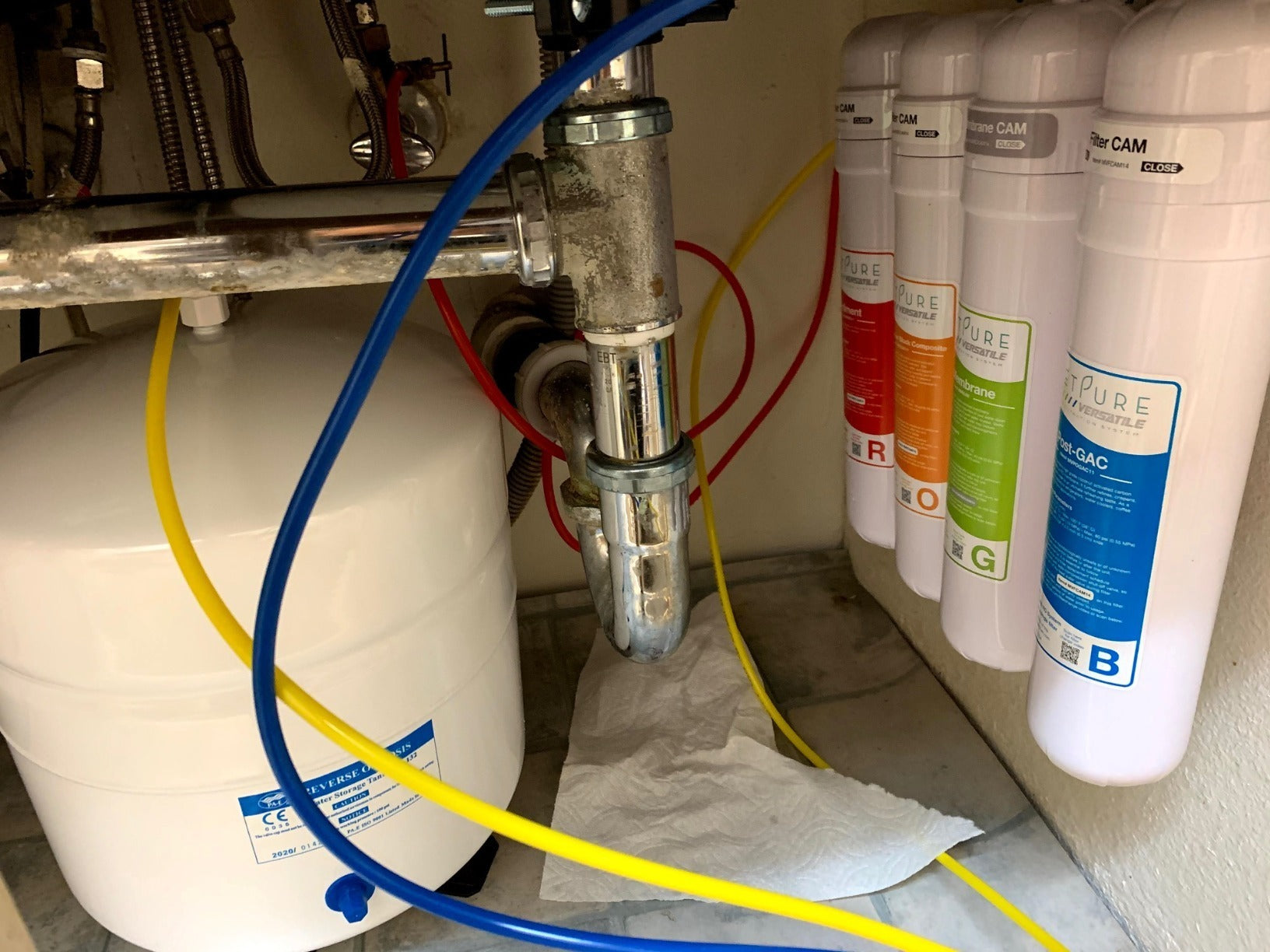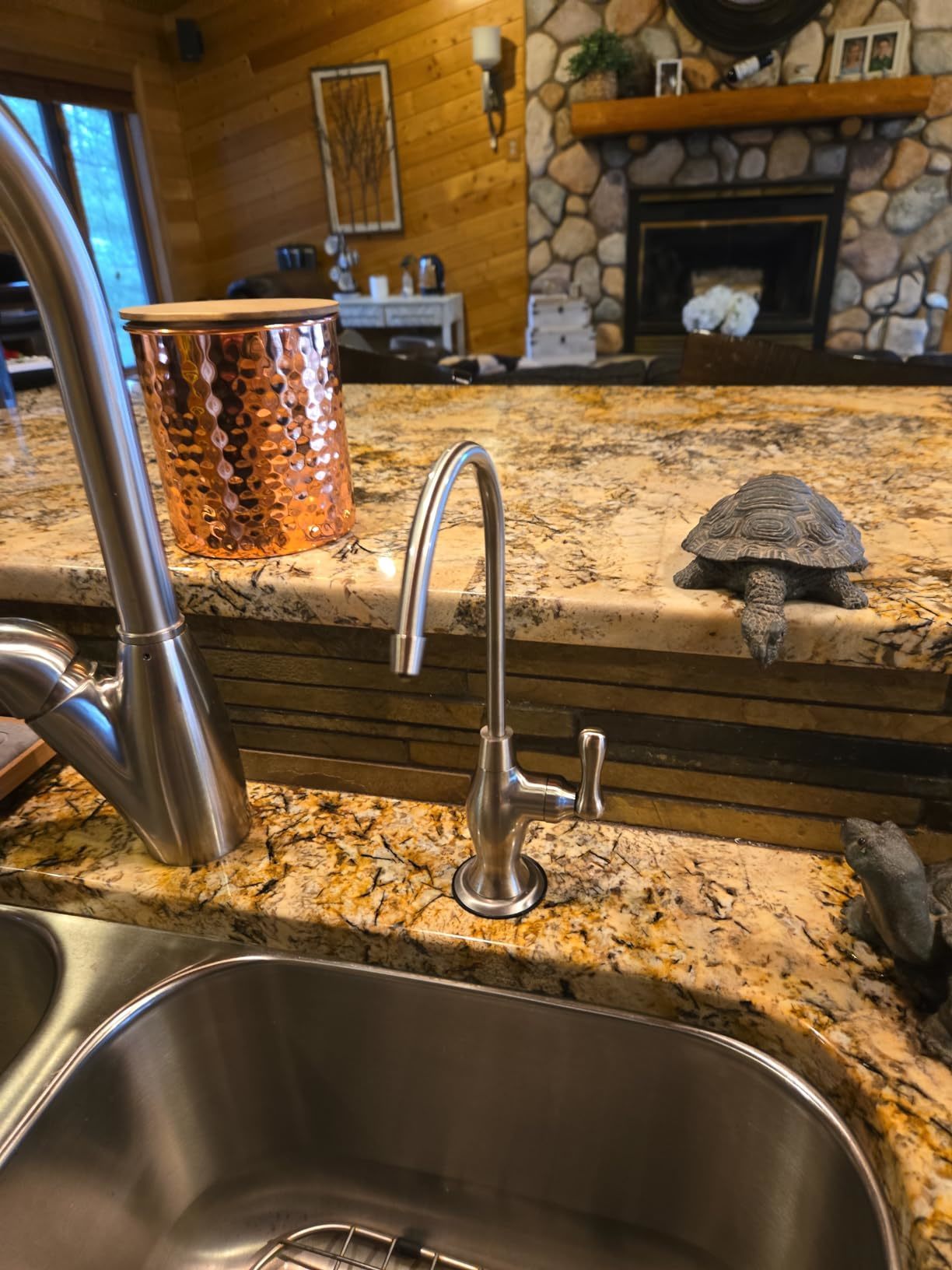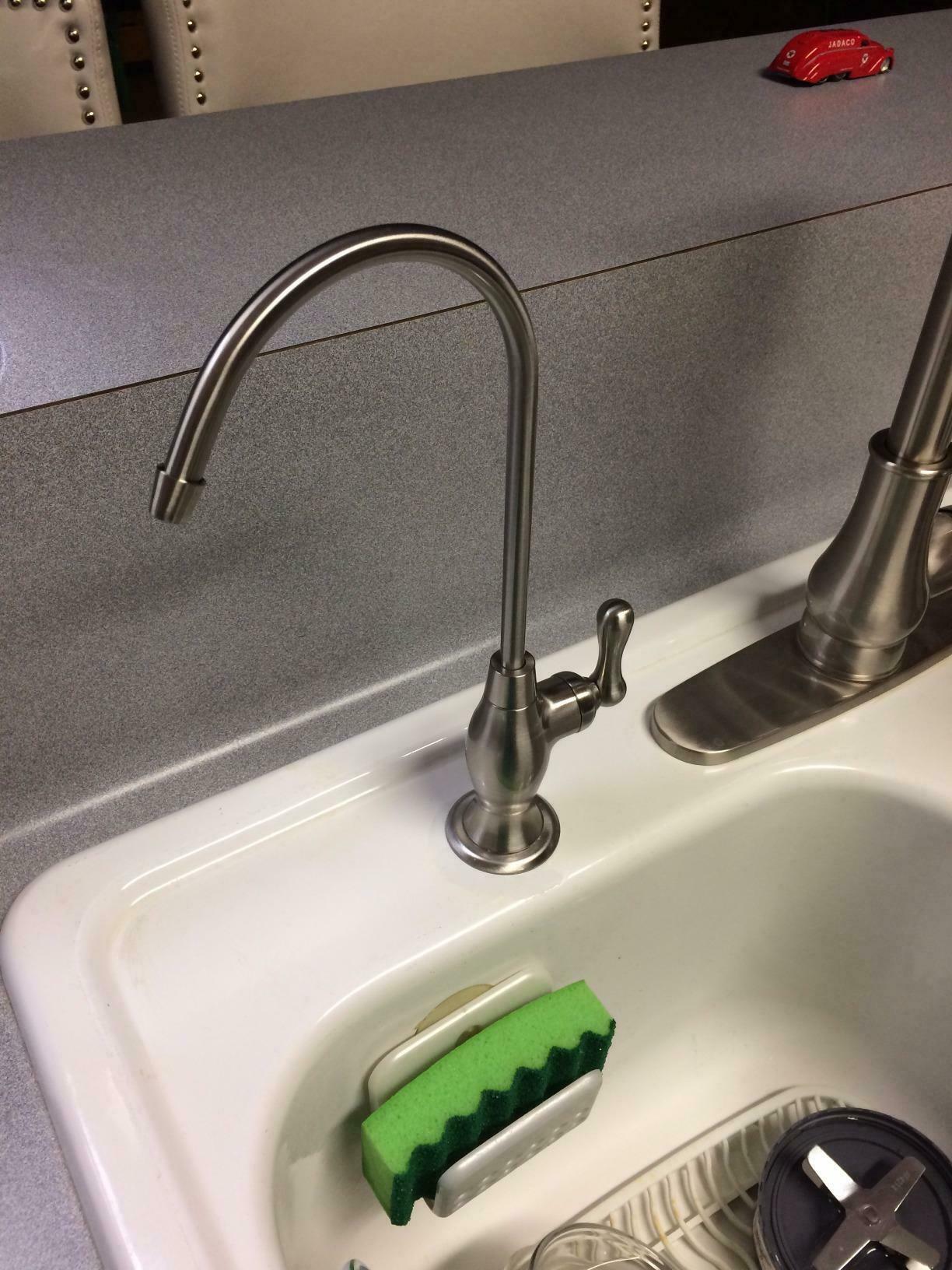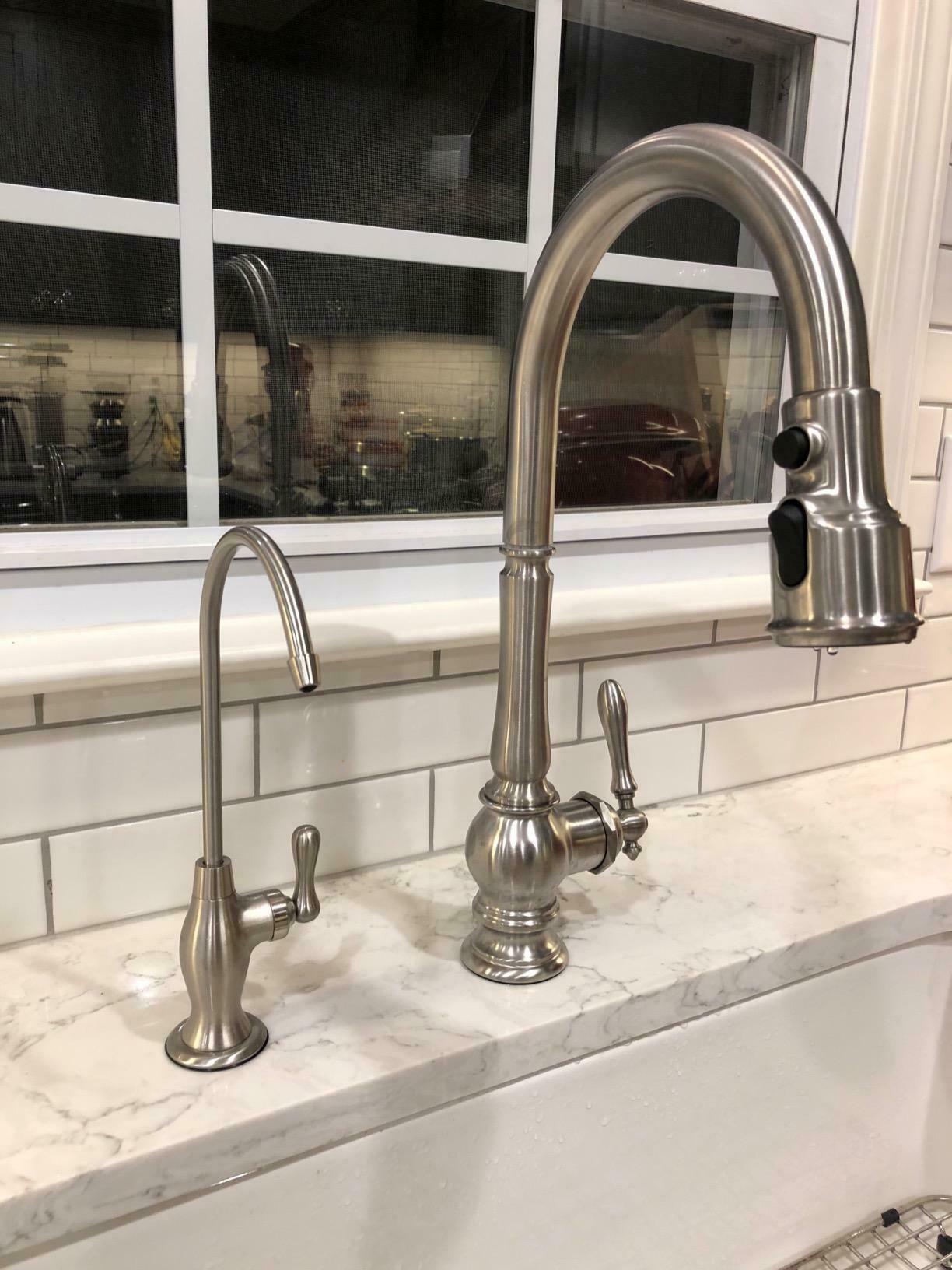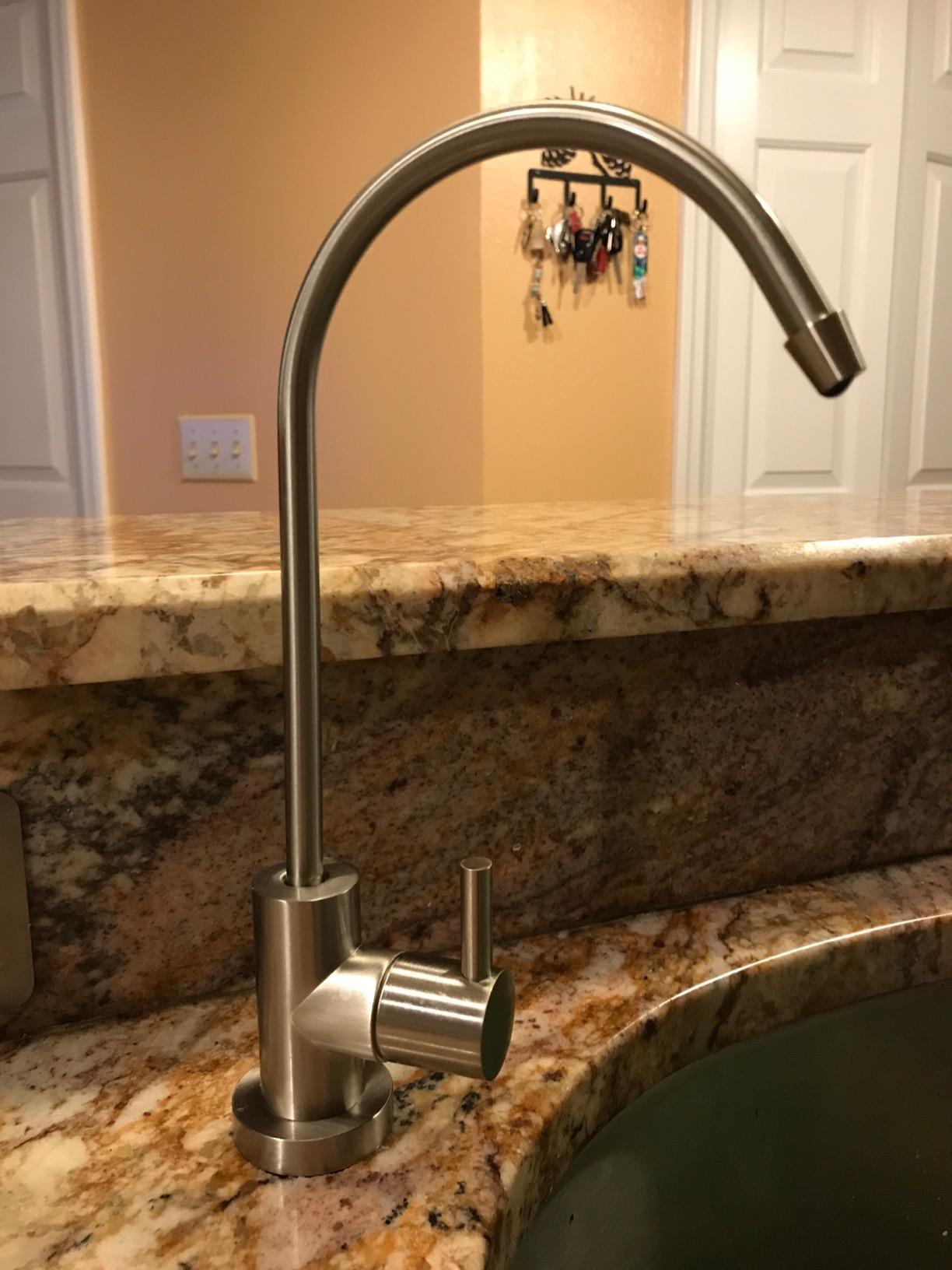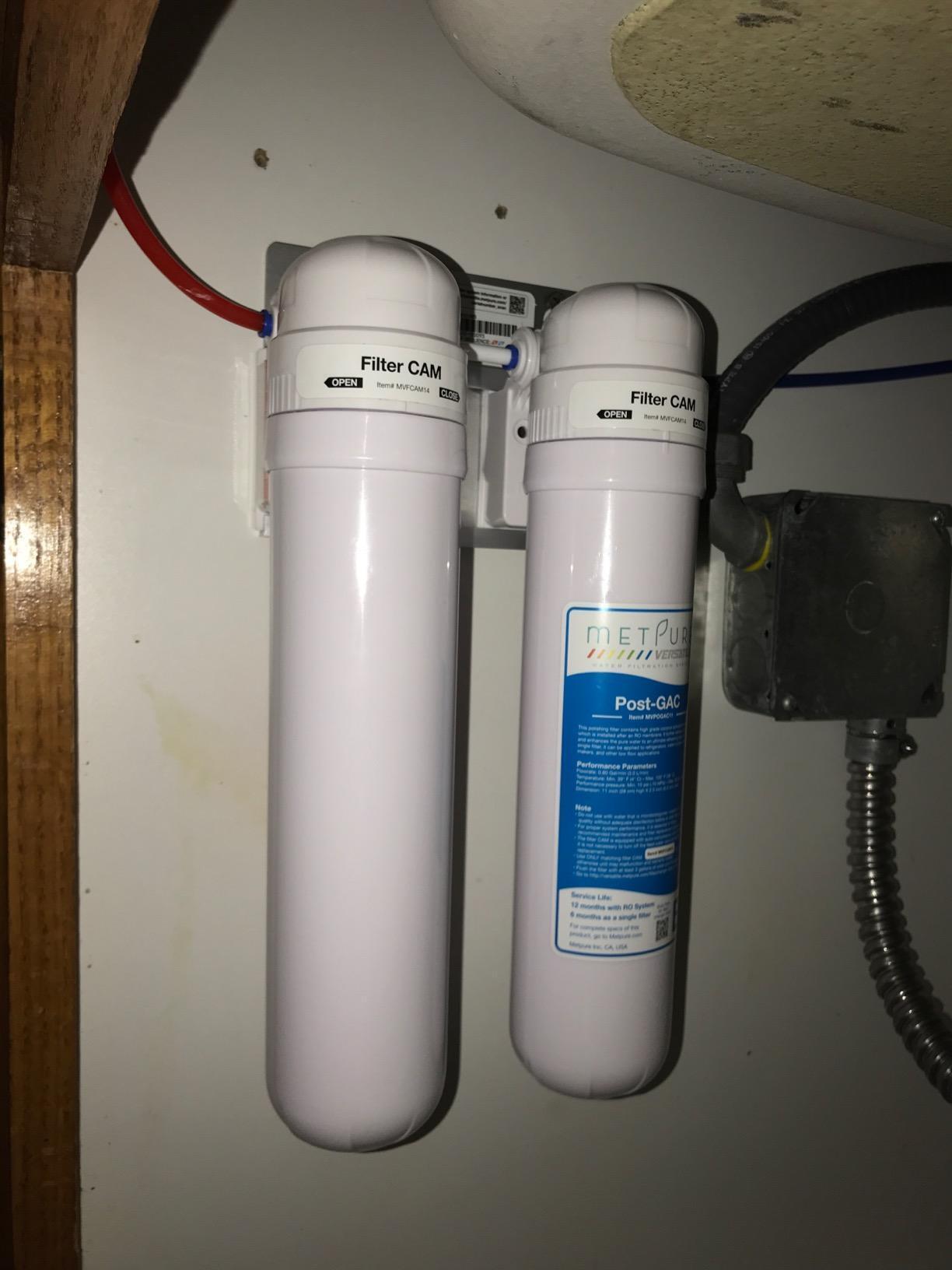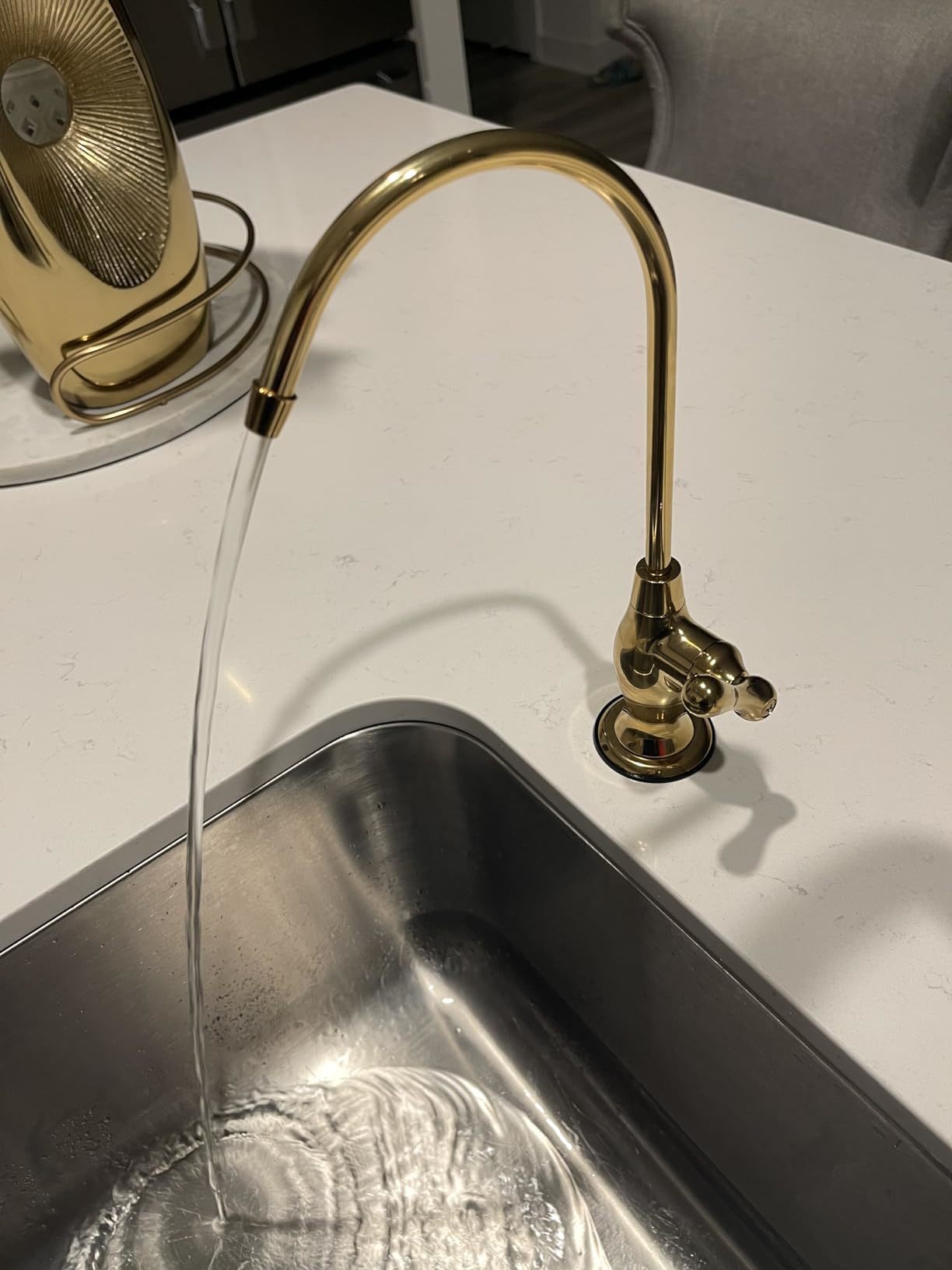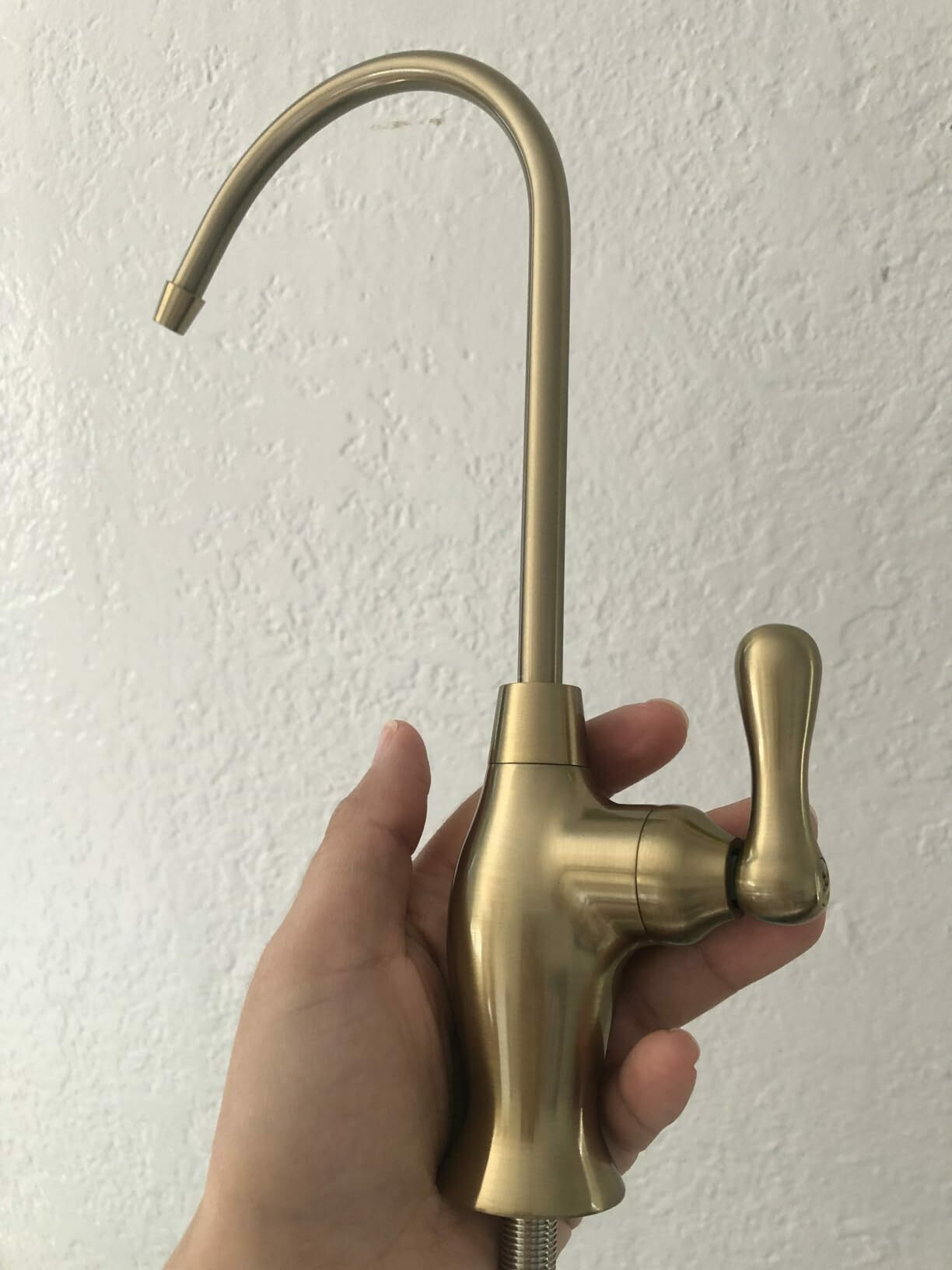Do You Need to Replace Your Water Filtration Faucet?
Table of Contents
Having a water filter at home is great for your health. Not only does it encourage you to drink more water and improve overall hydration, it helps protect against harmful contaminants in the water supply.
Filters remove a variety of pollutants that affect the quality of your water, including odors and taste, as well as appearance issues like discoloration. Many also come with smart settings that keep track of filter and membrane life.
1. It’s Leaking
When your water filtering faucet is leaking, it’s time to replace it. Leaks are typically caused by a worn-out seal. Replace the sealing gasket or O-rings to prevent further leakage. You can purchase a replacement at a local home improvement store or online. To begin, turn off the water supply and remove the old filter. You may need to use a wrench or pliers. After removing the old filter, make sure to clean the sink area to avoid further damage.
A water filtration system can help your family lead healthier lives. A great-tasting, ready-to-drink solution encourages hydration and eliminates the need for plastic water bottles, which helps protect the environment. A filtration system can also reduce harmful germs, such as bacteria and heavy metals like lead. With more people working from home and children going to school remotely, healthy drinking habits are more important than ever.
2. It’s Not Working
Having access to a water filter in your home provides clean, great-tasting drinking water to encourage healthy, hydrated lifestyles. It also eliminates the need to purchase and store expensive cases of bottled water or water jugs.
If the water flowing from your faucet isn’t as fast or clear as you used to, it could mean that sediment has accumulated in your filter and is no longer able to remove contaminants effectively. This may be a sign that it’s time to replace your water filter.
When the spout of your water filter faucet is leaking, this is most likely caused by a loose diverter valve seal or worn out tap adaptor seal. To fix this, replace the seal and reattach the diverter valve to the tap. Make sure it is tightened securely to prevent leaks and further damage.
3. It’s Getting Dirty
If you notice that the water coming out of your faucet is dirty or murky, it’s a sign that it might be time for a new filter. However, it also could mean that your plumbing pipes need replacing.
Kitchen faucet filters work to strip a variety of contaminants from water, including chlorine, sediment, odors and more. However, they cannot address everything that is affecting your water’s quality.
For example, a filter will not take care of hard water. This type of water contains an excess of minerals, such as calcium and magnesium. It can leave your skin and hair feeling dry and coarse, and it can stain laundry.
4. It’s Costing You Money
Water filtration systems are an investment that improve your family’s health by making your tap water cleaner, healthier and better tasting. Studies show that filtered water can help you drink the recommended amount of water per day, especially for kids and pregnant women.
Water toxins like odors, sediment and chemicals can cause your tap water to look and taste less than appetizing. In addition, a running toilet or leaky faucet wastes water and can increase your water bill significantly.
Point of use filters (like a water filter pitcher) are inexpensive and easy to install. Whole house water filters are more expensive, but they offer peace of mind, and they can also help your plumbing and other appliances last longer by removing hard water minerals that wreak havoc on them. Evaluate the upfront purchase price and long-term costs of each system to determine which one is right for you. A professional plumber will be able to help you with this assessment.


